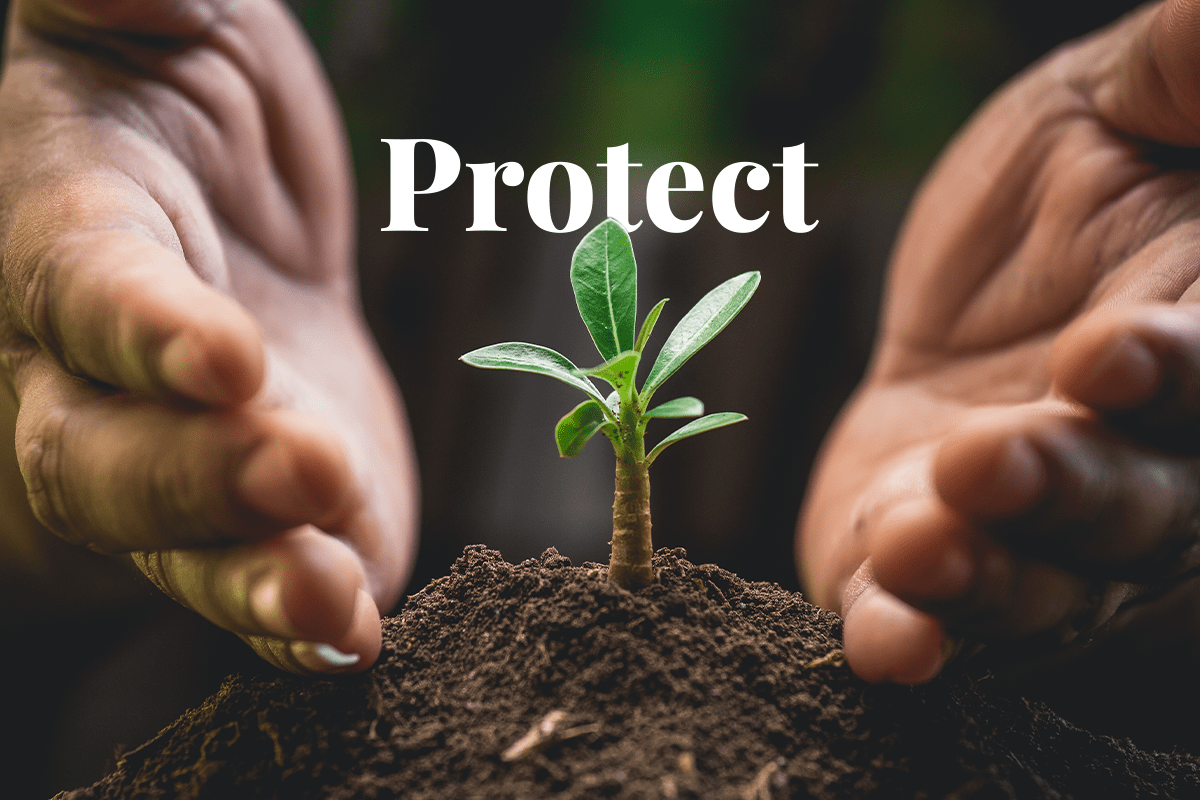The Multilateral Investment Guarantee Agency (Miga), the insurance arm of the World Bank, is developing plans to safeguard carbon offset projects from political risks in economically developing states. This initiative comes as an increasing number of governments are imposing new regulations on the carbon market. Miga aims to play a larger role in providing insurance coverage for carbon credits projects, particularly in high-risk countries, to encourage significant investments.
 Hands protecting plant growing on soil.
Hands protecting plant growing on soil.
Nations' efforts to regulate or restrict the trade of credits generated within their borders have caused uncertainty among project developers and investors in the voluntary carbon market, which is valued at $2,5 billion. Miga spokesperson stated that the agency intends to protect investors against the risks of governments breaching agreements as carbon markets face global regulation.
Read more: What are the benefits of the booming carbon credits market?
Established in 1988, Miga's primary objective is to facilitate foreign investment in developing countries by issuing guarantees. Whilst it has faced criticism for subsidising fossil fuel projects, the agency aims to increase its support for sustainability initiatives as part of its updated strategy. The World Bank's steering committee has proposed expanding Miga's guarantees to cover risks related to carbon rights.
Miga plans to provide political risk insurance to offset developers and create specialised coverage for carbon investors. The agency, funded through financial contributions from member countries, will protect investors from potential disputes with host countries. If such conflicts remain unresolved, Miga may be liable to pay compensation.
Read more: The price of carbon offsetting could skyrocket for companies by 2030
The involvement of governments in asserting tighter control over carbon rights has caused upheaval in carbon markets. Countries are increasingly regulating these projects, not only to generate revenue but also to count the avoided or trapped greenhouse gases towards their national climate goals under the Paris Agreement. Carbon credits have become attractive options for countries to achieve emission reductions, and Miga's engagement in the carbon market aims to attract foreign investment amidst changing regulations.
In conclusion, the Multilateral Investment Guarantee Agency plans to provide political risk insurance for carbon offset projects in developing countries, as governments implement new regulations in the carbon market. This move aims to facilitate investments and address concerns in the growing carbon market.
A well-regulated carbon market is crucial for both nature and communities worldwide. By implementing robust regulations, we can ensure the integrity of carbon offset projects, protecting the environment and promoting sustainable development. Transparent accounting and verification processes instill investor confidence, attracting more funding and driving innovation in nature-based solutions. At DGB Group we believe a well-regulated carbon market enables collective action to achieve global climate goals, preserving ecosystems, enhancing resilience, and securing a sustainable future for all.
Take action for a healthy planet with DGB



